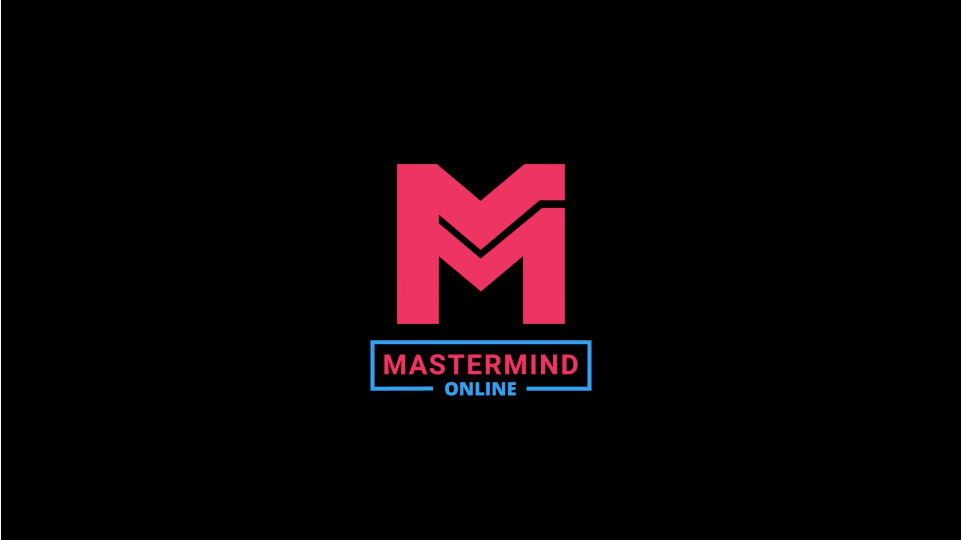
Four keys to successful hiring for your small business
In this video, join Brooks Pettus, COO of Housecall Pro, and Melina Fairleigh, former SVP People at Housecall Pro, discuss the four key areas of focus when hiring for your service business. If you’ve never hired someone before or you’re a growing business, our leaders will give you solid advice on how to find and hire great employees.
In this video, we cover:
- The Four Keys to Successful Hiring
- The hiring process used by Housecall Pro
- Tactics for networking
- Branding your company, and yourself





